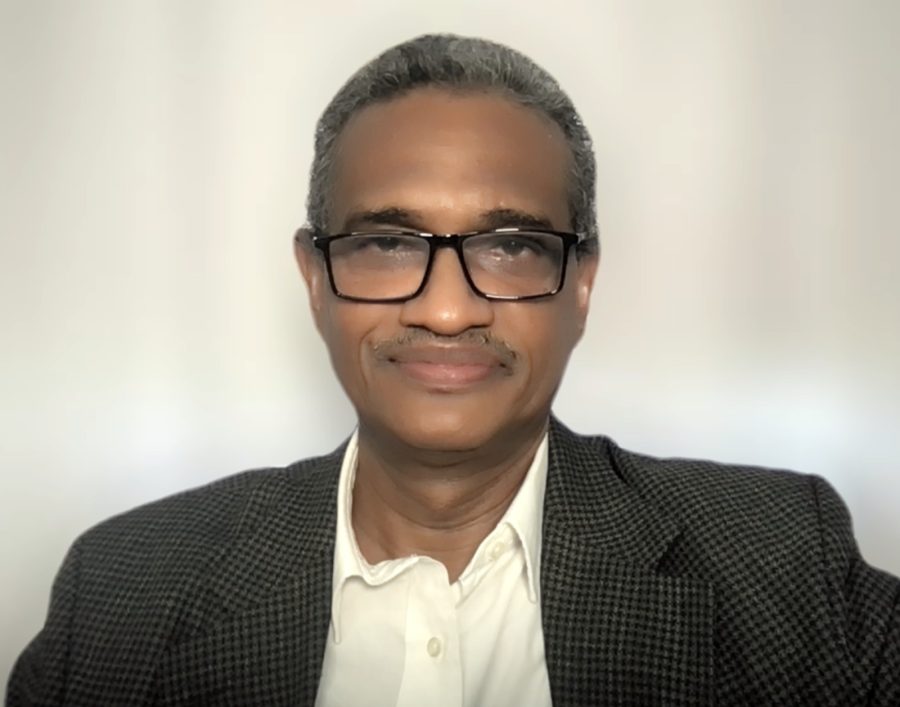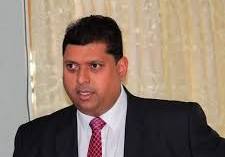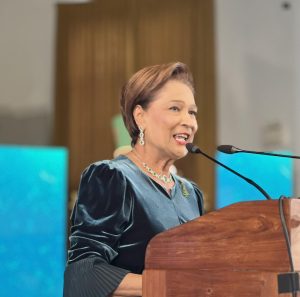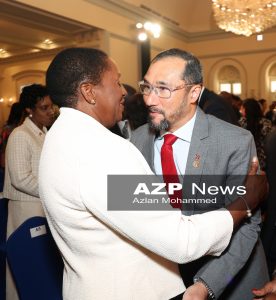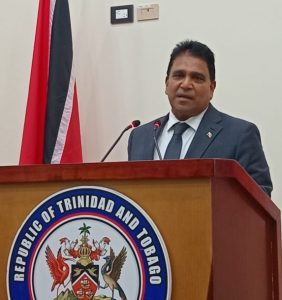By Prior Beharry
AT least two energy experts are concerned about the lack of transparency in the negotiations between the National Gas Company (NGC) and bp and Shell that led to the unitisation of a commercial structure at the Atlantic LNG Company of Trinidad and Tobago (Atlantic).
Energy consultant Anthony Paul and former energy minister Kevin Ramnarine said the renegotiating contracts was nothing new in the energy industry.
The agreement gives the T&T government, through NGC, a percentage in Atlantic in at least Trains 2 and 3. It did not have any stake in these trains before.
Atlantic located in Point Fortin on Trinidad’s southwestern peninsula produces liquefied natural gas (LNG) from natural gas delivered from fields in and around Trinidad and Tobago. It is a four-train liquefaction facility that exports LNG to all parts of the world. Train 1 is offline due to lack of natural gas production and bp and Shell had stakes in Trains 2, 3 and 4. Of, the three online trains, NGC only had an 11.11% in Train 4 with Shell and BP 51.11% and 37.78% stakes respectively.
It has been reported that in the new arrangement Shell and bp will have 45% each with NGC getting the remaining 10%.
Trains 2 and 3 contracts expires in 2023 while the current arrangement with Train 4 comes to an end in 2027.
——————————————————————————————————————–
——————————————————————————————————————–
Mr Ramnarine told AZP News, “I don’t see that this restructuring will made any difference to the fortunes of T&T or the NGC, especially given the fact that LNG production is down 38% in the last eight years.
“The other question that should be posed to the government is when does this shareholding agreement become effective.
“Does it become effective when the Train 2, Train 3 expire in 2024, does it become fully effective in 2027? Those are things that we need more details on.”
He added, “I think the government is making a lot about something that is not going to have a material impact on Trinidad and Tobago, given the situation with natural gas production in Trinidad.
“At the end of the day, LNG trains don’t run on shareholders’ agreements, they don’t run on talk, they don’t run on trips to London, they run on natural gas.”
Paul said, “The worrisome part is that this negotiation was going on for a long time and there have been ‘thousands’ of economists always in the media and I have never heard one of try to analyse the business as to what Trinidad’s value should be.
“Think about it. Where did that 10% come from? Where was the basis for it?
“What other options did we have and what voices did we put into the medium? So the government could say hang on, we have other options or the people are asking.
“My worry is the country is disengaged from the most important part of the economy.
“There is a lot of value and to understand how much value we are getting and not getting.”
He said, “The government is negotiating which I think is right and they came up with a deal and I don’t know if it’s the right deal.
“I can’t tell because there is no transparency into what went into the negotiations, what the considerations were and who is negotiating.
“How competent and how knowledgeable are they about the Trinidad situation?
“The government kept saying they have Poten and Partners and White and Case (in the negotiations). They would be good companies in their own right but do they know Trinidad and Tobago?
“Do they know our circumstances? Do they know our history of our negotiations and these deals?
“Do they have our interests paramount to their other clients who happen to be the companies (bp and Shell) they negotiating with and who happen to be bigger clients than we are?
“Do they truly have Chinese Walls in these organisations that will cause them to give us the best deal?”
On Tuesday, in London, Prime Minister Dr Keith Rowley and Energy Minister Stuart Young witnessed the signing of the unitisation agreement.
Dr Rowley said multinational corporations do have a heart, stating that it was “near impossible to dream that we could bring bp and Shell and NGC together for the purpose of becoming a better unit and also for increasing the value which would accrue to the people of T&T.”
Negotiations started in 2018.
Dr Rowley said it was “near impossible to dream that we could bring bp and Shell and NGC together for the purpose of becoming a better unit and also for increasing the value which would accrue to the people of T&T.”
Trinidad and Tobago produces about 2.6 billion cubic feet of natural gas daily.
See related stories below:
![]()


